ITER delays revision of project's timeline
The International Thermonuclear Experimental Reactor fusion project's council has put back for a year an announcement on its updated timeline for the project - and is proposing other changes including switching the plasma-facing "first wall" material from beryllium to tungsten.
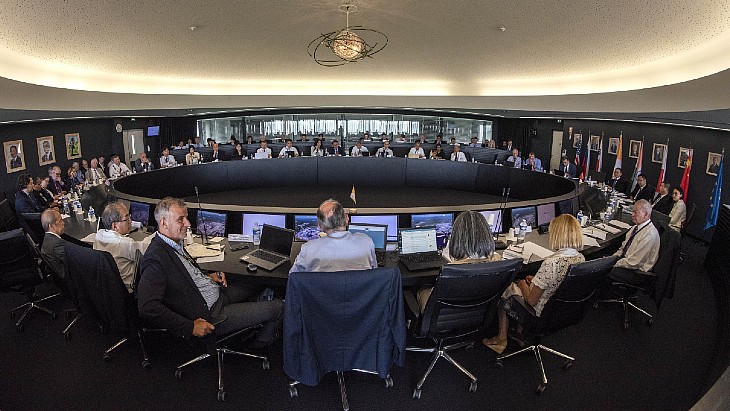
What is ITER?
ITER is a major international project to build a tokamak fusion device in Cadarache, France, designed to prove the feasibility of fusion as a large-scale and carbon-free source of energy. The goal of ITER is to operate at 500 MW (for at least 400 seconds continuously) with 50 MW of plasma heating power input. It appears that an additional 300 MWe of electricity input may be required in operation. No electricity will be generated at ITER.
Thirty-five nations are collaborating to build ITER - the European Union (plus Switzerland and the UK) is contributing almost half of the cost of its construction, while the other six members (China, India, Japan, South Korea, Russia and the USA) are contributing equally to the rest. Construction began in 2010 and the original 2018 first plasma target date was put back to 2025 by the ITER council in 2016.
Why is the timeline set to be revised?
The current timeline for ITER is for first plasma in 2025 and the start of deuterium-tritium operation in 2035. But as previously reported by World Nuclear News last year, that timeline was set to be revised and then announced in the first half of 2023. The change in timeline is expected to be substantial. The delays are a combination of the impact of COVID-19 and "technical challenges in completing first-of-a-kind components", notably defects discovered late last year in the thermal shields - which requires the removal and replacement of all cooling pipes, some 23 kilometres in total, from the thermal shield panels - and vacuum vessel sector.
What has now been announced?
The ITER council's meeting last week focused on preparation of the updated timeline. ITER Director General Pietro Barabaschi - who took up the role last year - reported on project progress and efforts "to position the project for success, and to instil a robust culture of quality and safety" and to "propose an optimised, reliable cost and schedule baseline for Council consideration".
The key measures include:
- Finalising strategies and supplier contracts for repairs to key components
- Close "and effective engagement" with the French regulator ASN "related to the machine assembly 'hold point'
- Setting "clear, scientifically and technically meaningful milestones along the way to full nuclear operation"
- Considering strategies to offset future risks, including in particular the use of ITER’s completed cryogenics plant, following commissioning, for additional testing of toroidal field coils prior to installation
- Changing the plasma-facing 'first-wall' material from beryllium to tungsten
- Planning for an 'Augmented First Plasma' to "enhance the scope and scientific value of ITER’s first experimental campaign"
- Sergio Orlandi has been appointed as ITER construction project leader, and Alain Bécoulet as ITER chief scientist
What ITER hopes these measures will achieve
A statement released after the ITER council meeting said: "Collectively, these efforts retain ITER’s added value to the fusion community, while providing critical information to the burgeoning commercial fusion sector, as well as important safety regulatory insights and lessons learned. As envisioned, these efforts will facilitate ITER’s capacity to provide the required safety demonstration to the regulator, and will compress the previously envisioned staged approach to reach ITER’s scientific goals as rapidly as possible."
It added that the council "requested the director general to continue moving forward expeditiously with preparation of the updated project baseline proposal for review and approval in 2024".
The geopolitical setting
The ITER project is a unique one in involving China, Russia, India, the USA, South Korea and the European Union. Work and collaboration has continued despite the US, EU and South Korean sanctions on Russia and more general trade tensions between the 35 countries represented. The statement does not refer to the geopolitical situation but says "council members reaffirmed their strong belief in the value of the ITER mission and resolved to work together to find timely solutions to facilitate ITER's success". It adds: "At the request of the director general the council agreed to examine the feasibility of certain adjustments to project governance, in particular to strengthen the project’s capability to control the quality of its supply chain. The council noted the ongoing challenges facing the project and appreciated that all ITER Members continue to meet their in-kind and in-cash commitments to support project success."
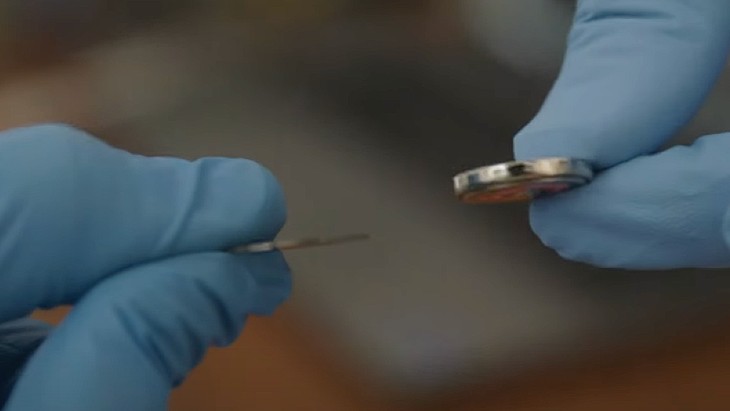
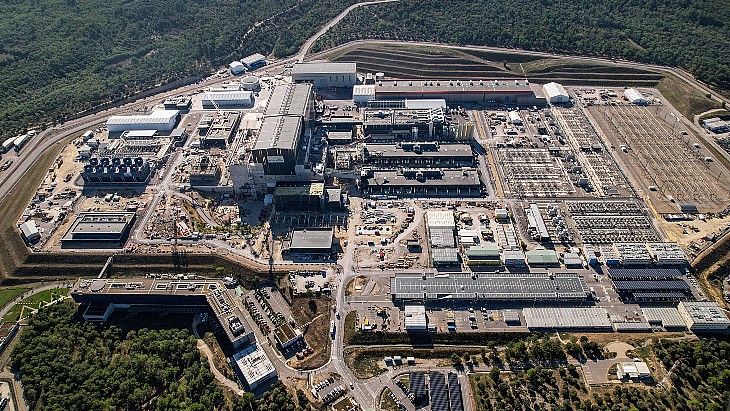
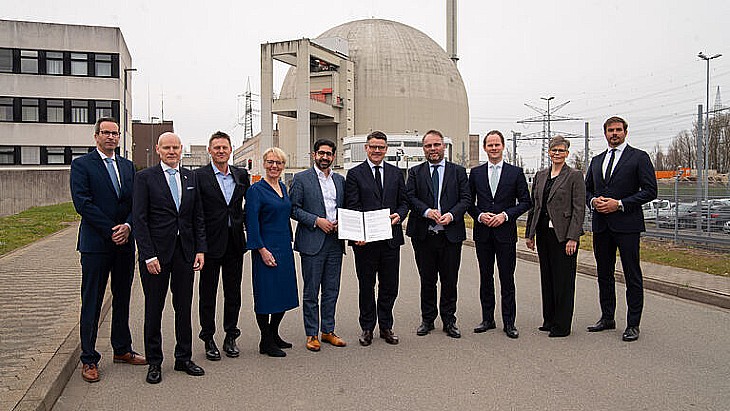
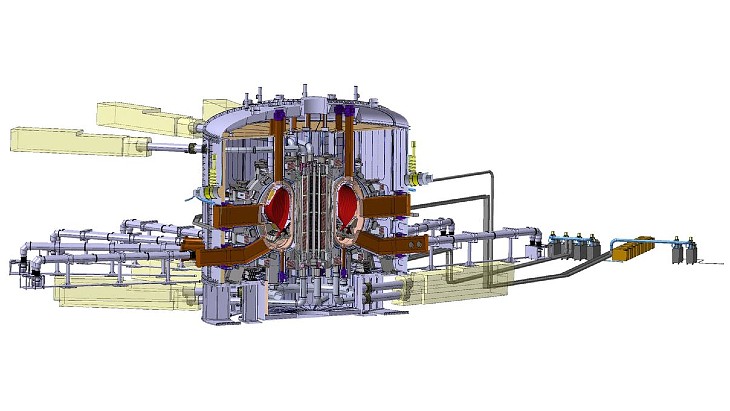






_88592.jpg)

